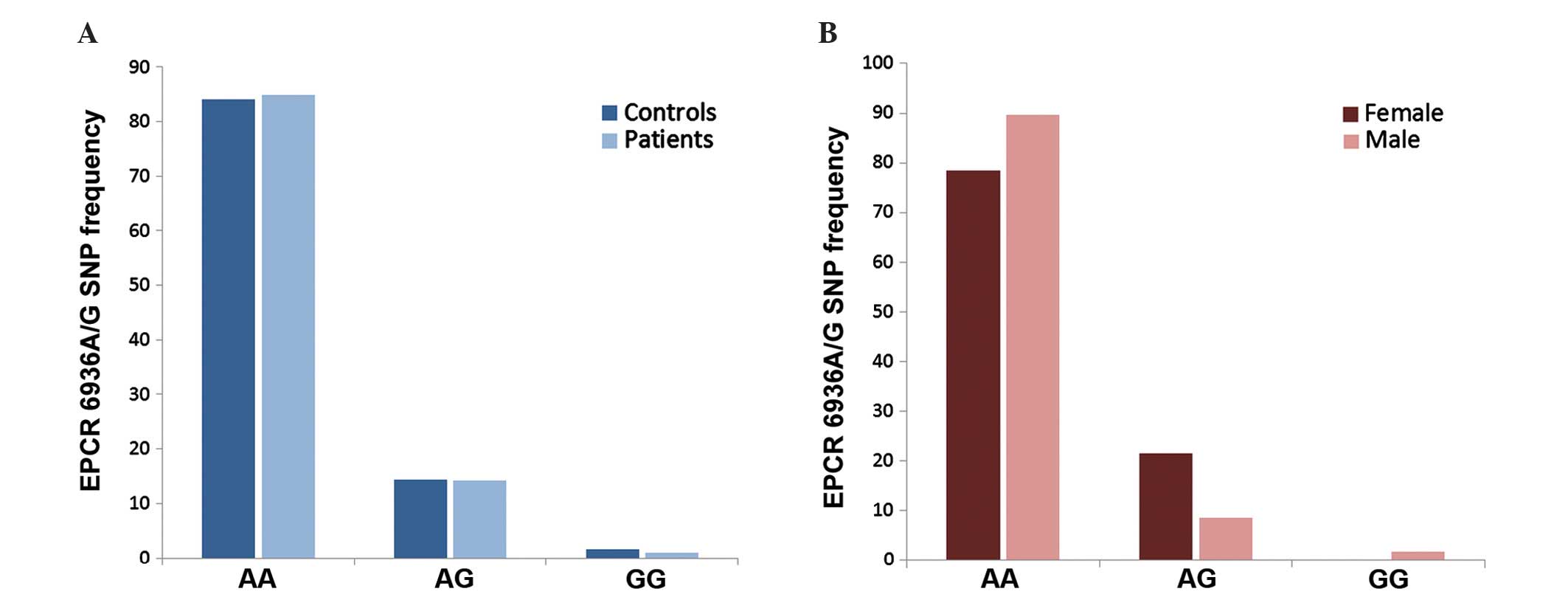Spandidos Publications style
Besbes S, Althawadi H, Alfarsi H, Mirshahi S, Tang R, Fava F, Pardo J, Huessler EM, Galtier T, Ghedira I, Ghedira I, et al: Endothelial protein C receptor gene 6936A/G single‑nucleotide polymorphism as a possible biomarker of thrombotic risk in acute myeloid leukemia. Mol Clin Oncol 3: 1280-1284, 2015.
APA
Besbes, S., Althawadi, H., Alfarsi, H., Mirshahi, S., Tang, R., Fava, F. ... Mirshahi, M. (2015). Endothelial protein C receptor gene 6936A/G single‑nucleotide polymorphism as a possible biomarker of thrombotic risk in acute myeloid leukemia. Molecular and Clinical Oncology, 3, 1280-1284. https://doi.org/10.3892/mco.2015.638
MLA
Besbes, S., Althawadi, H., Alfarsi, H., Mirshahi, S., Tang, R., Fava, F., Pardo, J., Huessler, E., Galtier, T., Ghedira, I., Soria, J., Marie, J. P., Mirshahi, M."Endothelial protein C receptor gene 6936A/G single‑nucleotide polymorphism as a possible biomarker of thrombotic risk in acute myeloid leukemia". Molecular and Clinical Oncology 3.6 (2015): 1280-1284.
Chicago
Besbes, S., Althawadi, H., Alfarsi, H., Mirshahi, S., Tang, R., Fava, F., Pardo, J., Huessler, E., Galtier, T., Ghedira, I., Soria, J., Marie, J. P., Mirshahi, M."Endothelial protein C receptor gene 6936A/G single‑nucleotide polymorphism as a possible biomarker of thrombotic risk in acute myeloid leukemia". Molecular and Clinical Oncology 3, no. 6 (2015): 1280-1284. https://doi.org/10.3892/mco.2015.638















